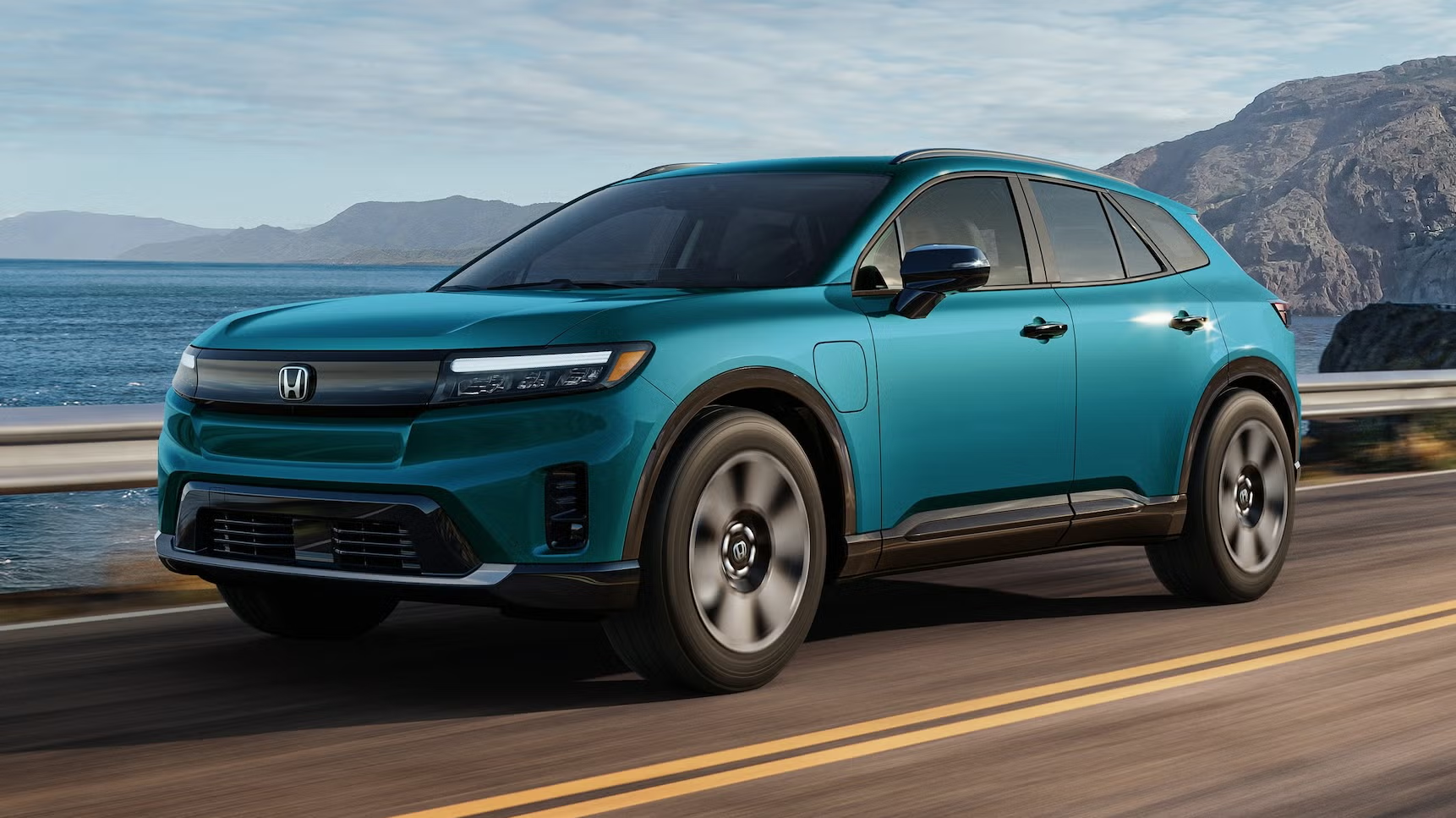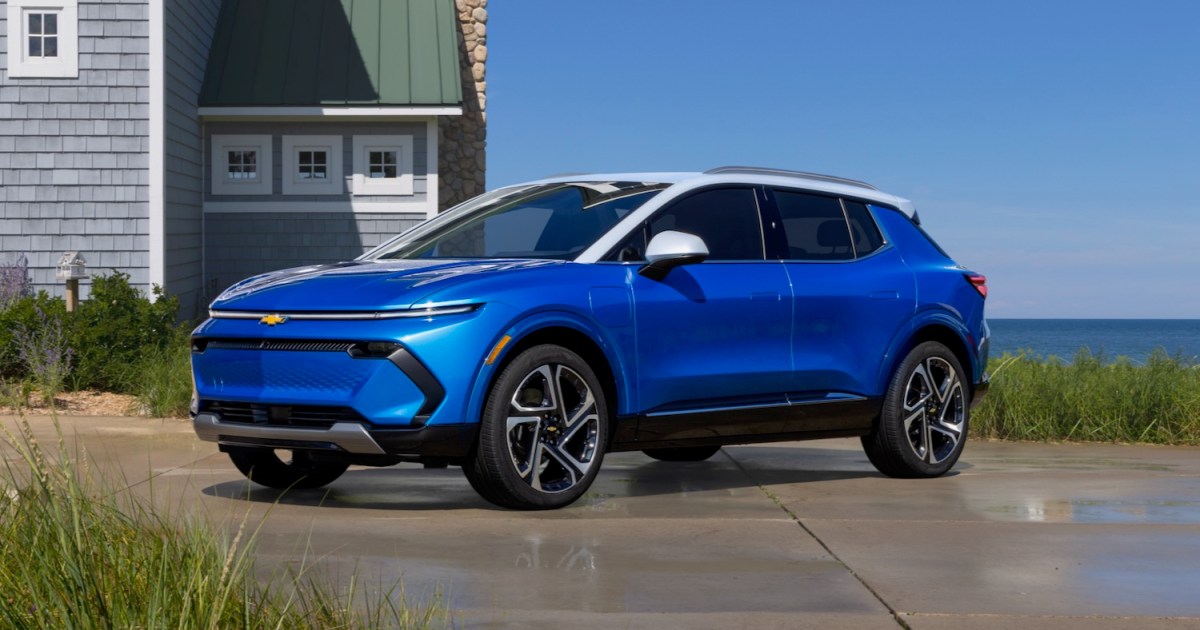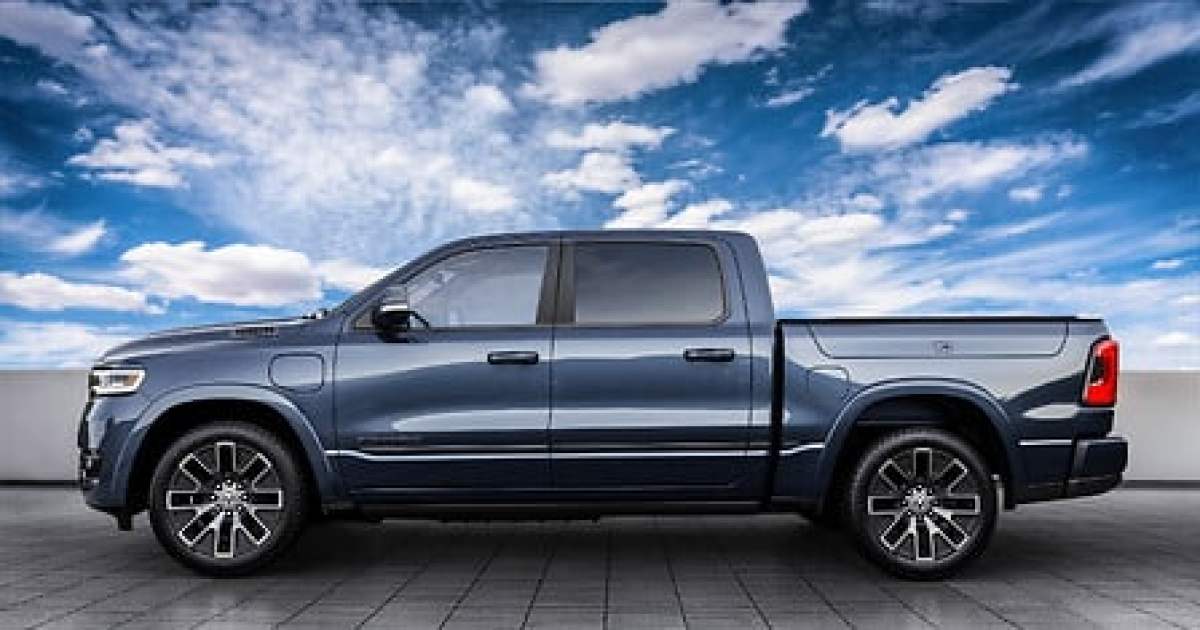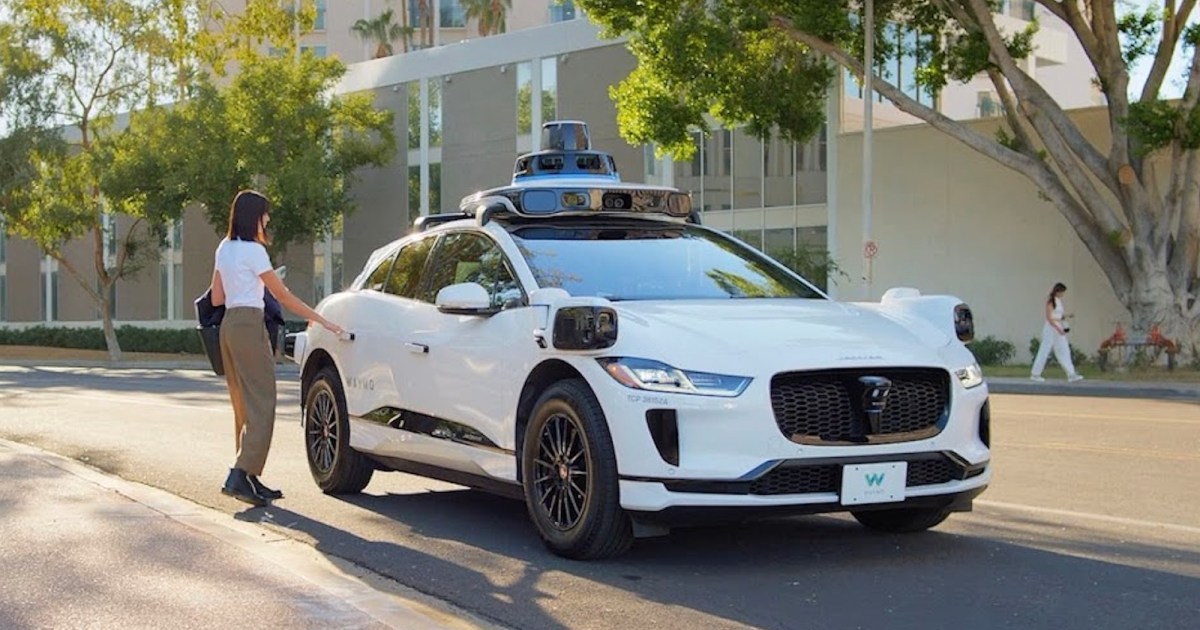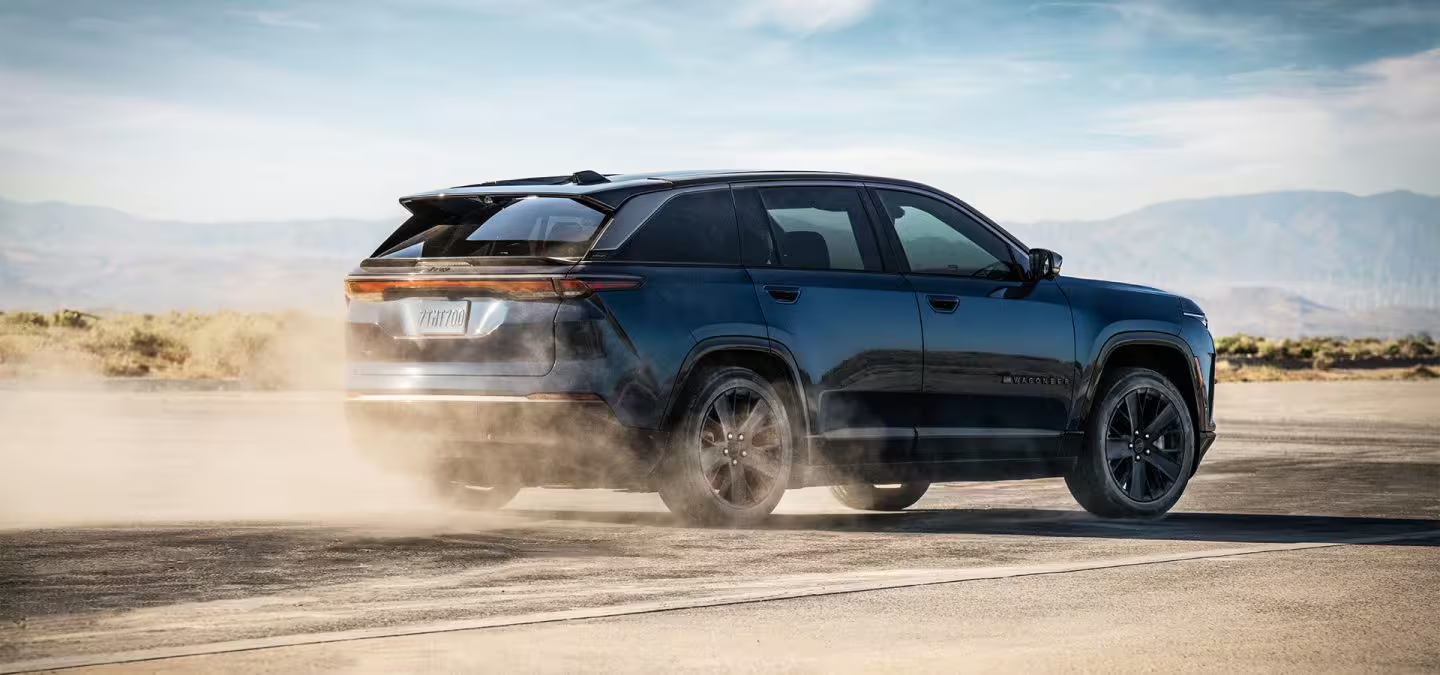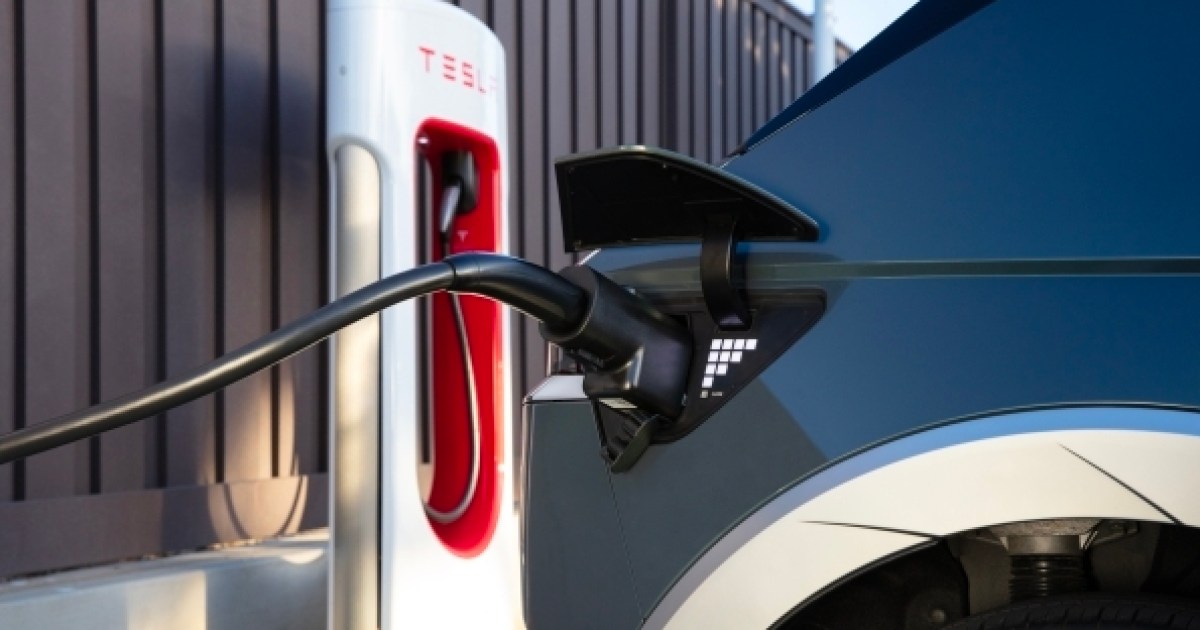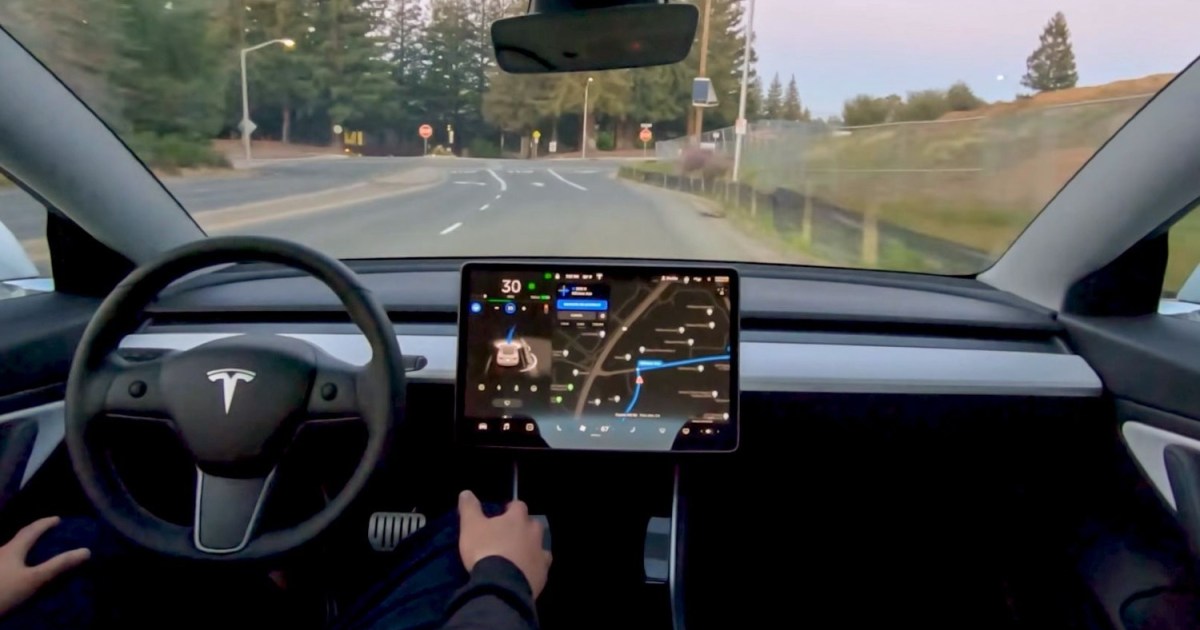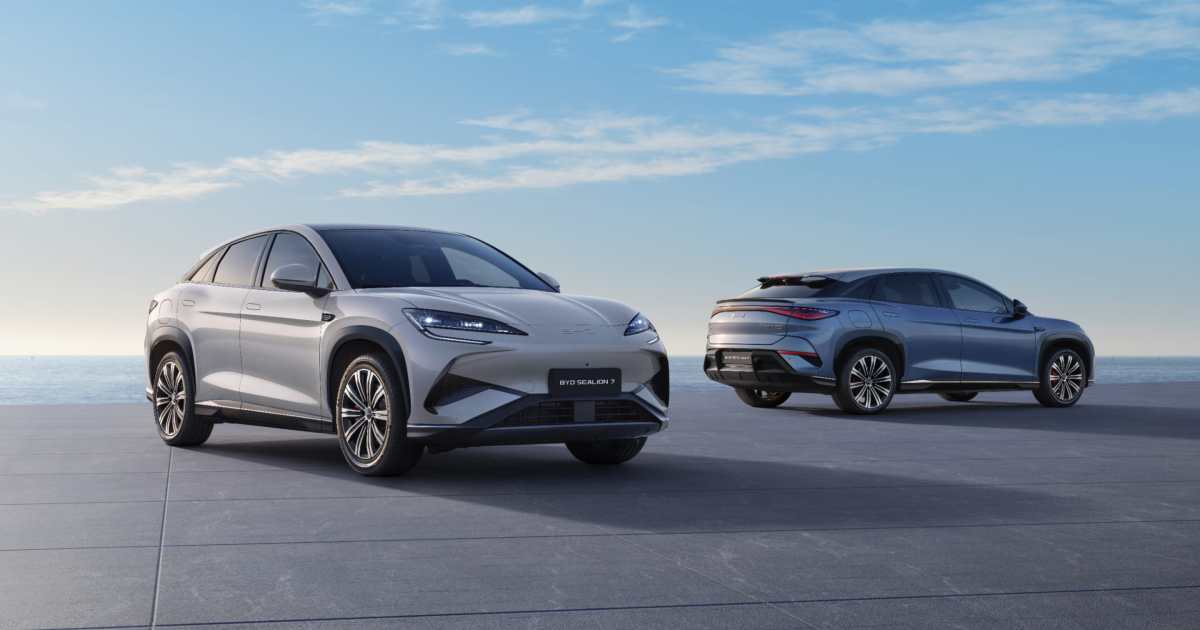The automotive landscape is undergoing a seismic shift, driven by the rise of electric vehicles (EVs) and intensifying competition from companies like Tesla and Chinese EV manufacturers. In response to these challenges, Honda and Nissan, Japan’s second and third-largest automakers, are reportedly engaged in merger talks. These discussions aim to forge a stronger, more resilient structure capable of navigating the evolving industry.
According to Nikkei, the initial talks are focused on exploring closer technological cooperation between the two companies. Reuters further clarifies that the discussions revolve around establishing an overarching holding company, rather than a full-fledged merger of the two entities. Mitsubishi, in which Nissan holds a 24% stake, is also reportedly being considered for inclusion in this potential partnership.
Both Honda and Nissan have confirmed these ongoing discussions, reiterating their commitment to exploring various collaborative possibilities, as initially announced in March 2024. Their joint statement emphasizes leveraging each other’s strengths to achieve mutual benefit.
Analysts highlight the potential synergy between Honda’s expertise in powertrain development, particularly for hybrid vehicles, and Nissan’s extensive experience in EVs, dating back to the launch of the LEAF in 2010. The collaboration has primarily centered on EV technology, encompassing components and software.
The initial impetus for this alliance was the intense price competition from Chinese automakers like BYD. This pressure has only intensified throughout the year, exacerbated by slowing auto sales in Europe and the U.S. Furthermore, the potential reversal of pro-EV policies under the incoming Trump administration adds another layer of complexity to the situation.
The proposed merger could also face scrutiny from the Trump administration, given its aggressive stance on imported vehicles, including the threat of imposing significant tariffs.
A successful Honda-Nissan merger would create one of the world’s largest auto groups, boasting combined sales of approximately 8 million vehicles.
This potential partnership reflects the growing need for consolidation and collaboration within the automotive industry as it grapples with the transformative forces of electrification and global competition. The outcome of these talks will undoubtedly have significant implications for the future of both companies and the broader automotive landscape.



